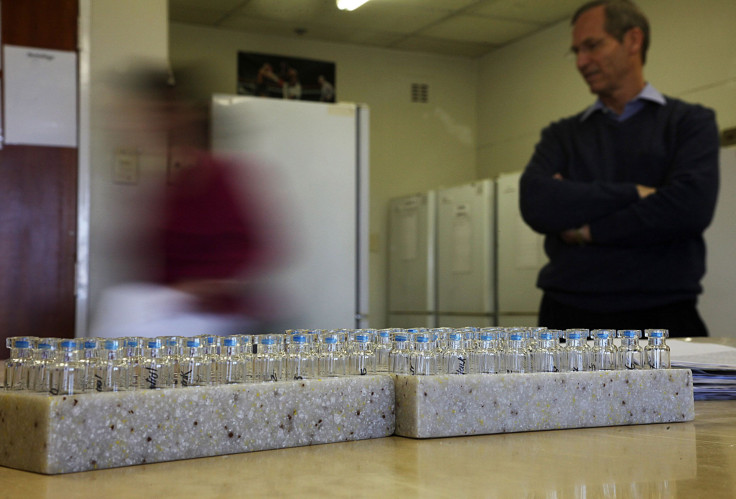Rio Olympics 2016: Africa’s Only Doping-Testing Lab Suspended

The World Anti-Doping Agency (WADA) on Tuesday suspended Africa’s only accredited drug-testing lab. The South African Doping Control Laboratory in the central city of Bloemfontein is banned from analyzing any doping samples until Sept. 30, after the Rio Olympics, due to its failure to meet WADA standards, the Associated Press reported.
WADA did not divulge the reasons for the lab’s suspension, which can be appealed within 21 days of notification. The agency said the lab can apply for reinstatement before Sept. 30.
The decision leaves just 31 WADA-accredited labs left in the world, and none in Africa for the time being. Many African nations, including Kenya and Ethiopia, which are famed for their runners, sent drug test samples to the lab in Bloemfontein. They must now seek out other WADA-accredited facilities.
The lab previously said it would be upgrading its anti-doping facilities, which are based at Bloemfontein’s University of the Free State, for six months from the start of April. It said it will still be able to analyze blood samples but will send urine samples to Doha, Qatar, to be tested during that time, according to the Associated Press.
The South African facility is the fourth lab to be penalized by WADA in the past month. Accredited labs in Beijing and Lisbon have been suspended from conducting WADA-related anti-doping activities, while Moscow’s lab had its accreditation revoked in April after being suspended in November amid a range of corruption allegations in Russia’s anti-doping program, according to BBC News.
WADA, which was formed by the International Olympics Committee in 1999, is equally funded by sports groups and national governments. The agency is charged with issuing an annual list of banned substances, determining proper testing methods and generally overseeing testing of the world’s professional athletes.
© Copyright IBTimes 2024. All rights reserved.





















